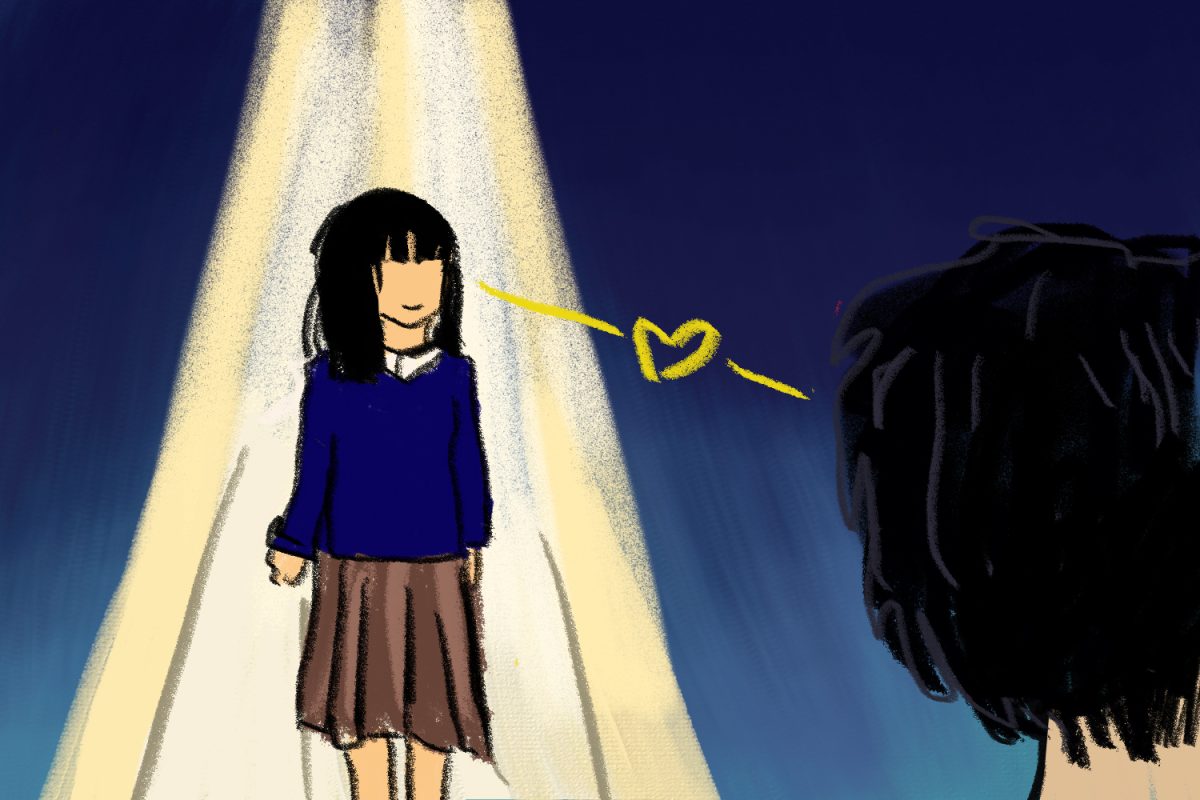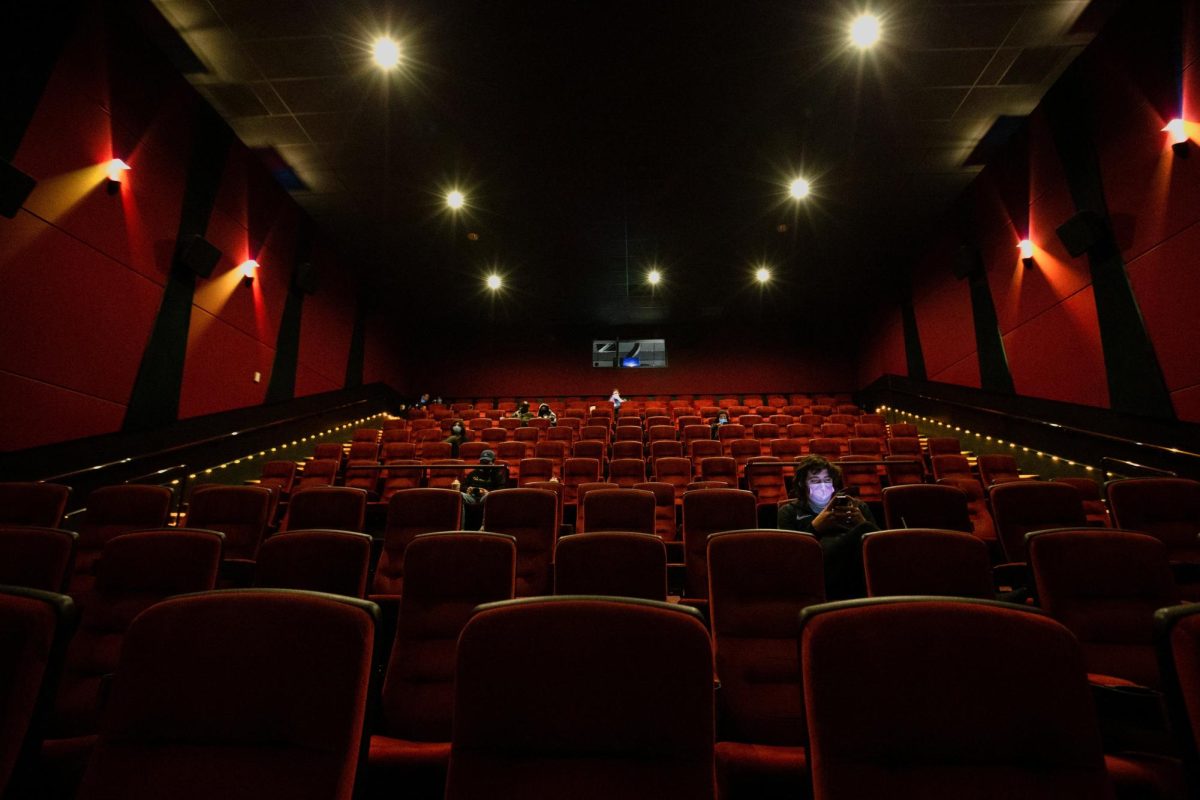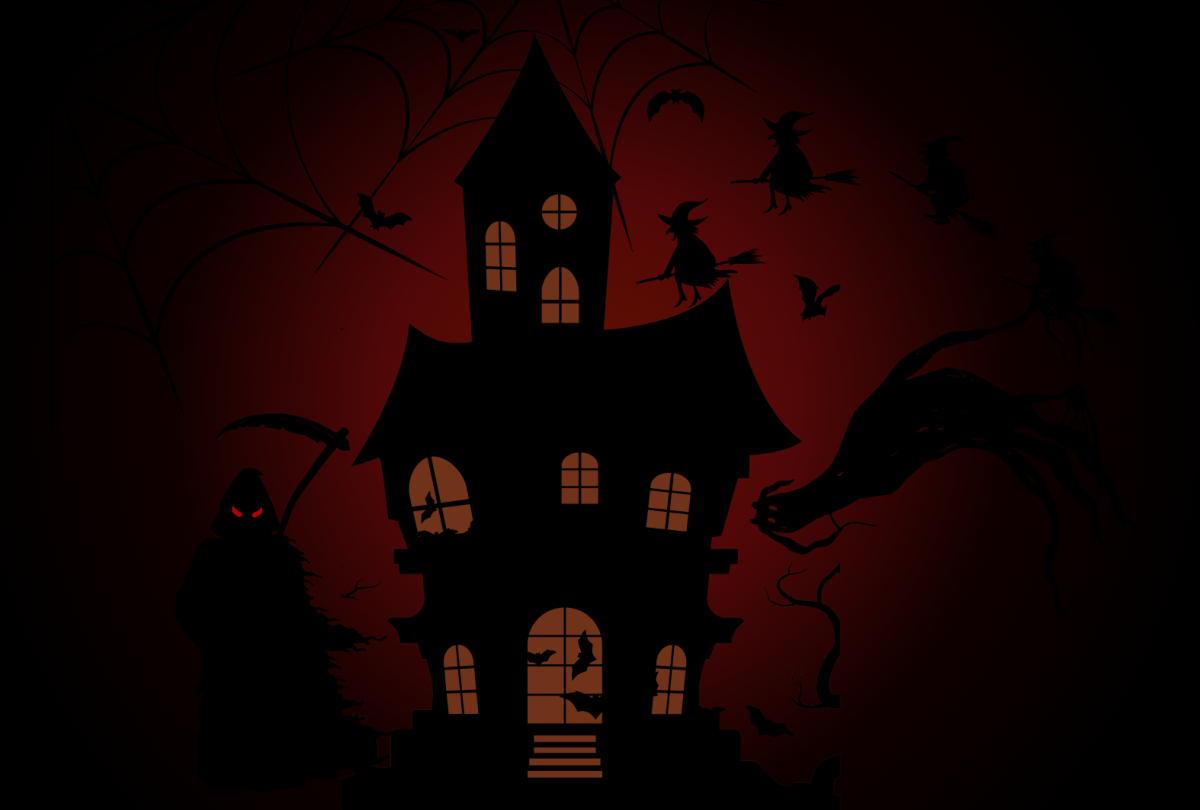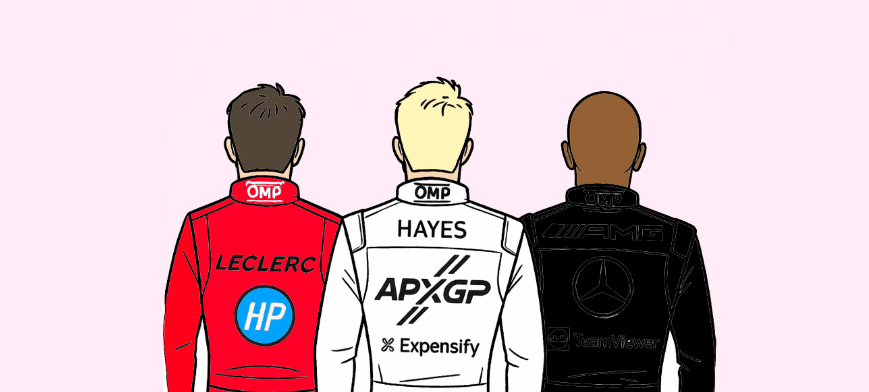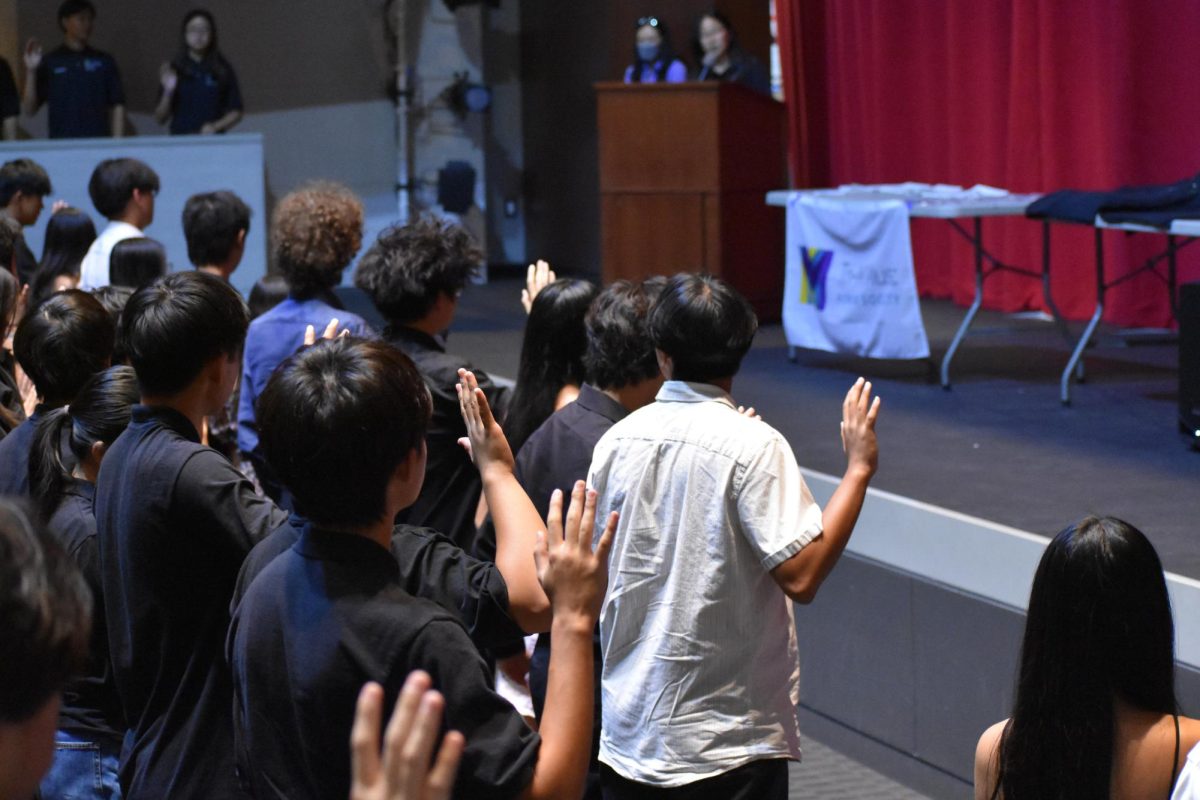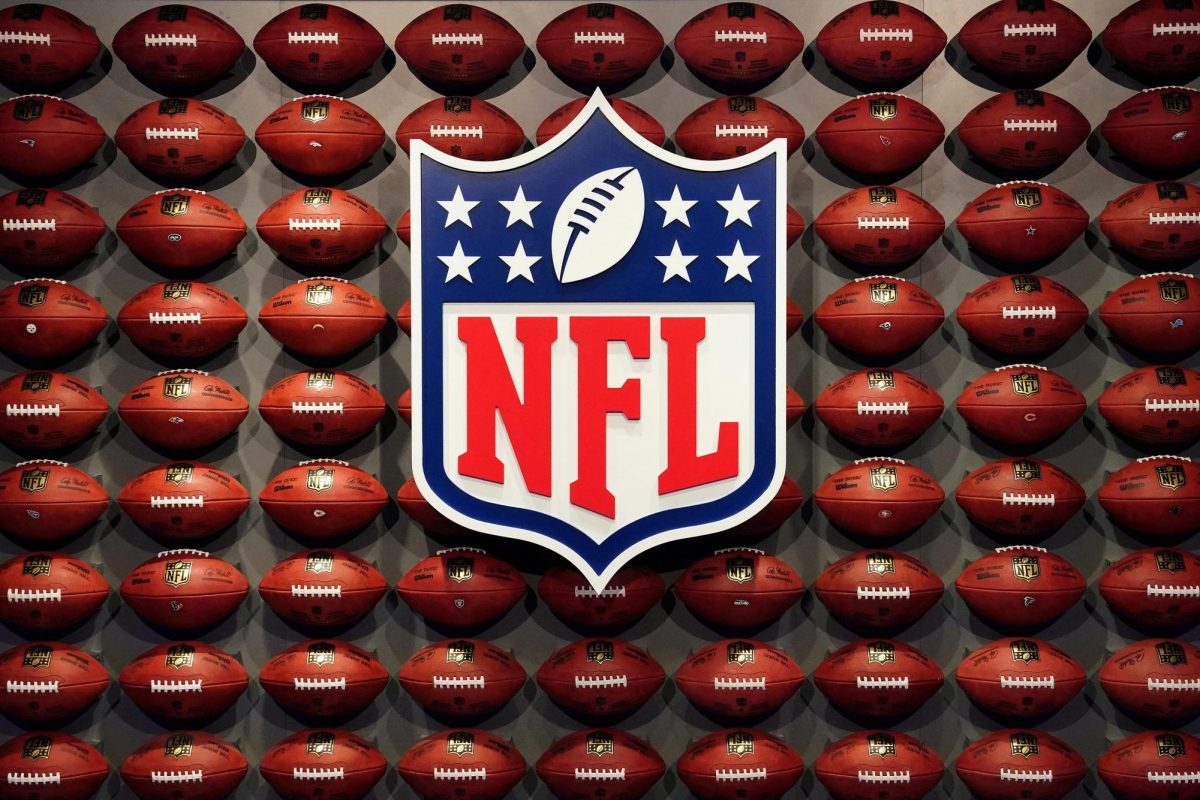TW: Bullying and suicidal ideation.
Mieko Kawakami is known for her eloquent language used to describe the melancholy of the human soul, and one of her most remarkable works with such a portrayal is Heaven.
The story follows a teenage protagonist, nicknamed “Eyes,” by other characters because of his lazy eye. Eyes is excluded by Ninomiya and their peers, ridiculed and physically abused daily for his looks, as his peers don’t accept that he’s physically different; this causes him to constantly doubt others and even himself. Kawakami’s language feels familiar and lets you sympathize with Eyes, because he’s just like any other student—with similar interests, attitudes, and even thoughts. This realistic perspective really draws you into her writing, making you feel as if you are the character himself.
I read Heaven during a time I was depressed, and it caught my interest because I wanted to read something that I could genuinely relate to. The story follows a simple plot, showing the terrible bullying that Eyes must endure each school day, even after school, as his family situation is difficult. His mother tries her best to keep the family together, but Eyes’ father refuses to be involved. Not wanting to worry his hard working mother with his personal issues, Eyes chooses to remain silent about all the bullying he faces and tries to cope with it by talking to Kojima.
Kojima is a savior to Eyes. She’s a girl who’s no different—also bullied for her looks and even the amount of wealth she has. Yet, she chooses to befriend Eyes by leaving small, detailed notes for him every day in an effort to talk to him. They become friends and bond over things that Eyes never knew he’d find in another person. Since they’re both victims of bullying, it’s easier to connect and sympathize with one another. In fact, Eyes ends up developing romantic feelings for Kojima because she’s one of the first to show him such kindness.
In Heaven, the concept that stood out to me was the comparison between life and pain to heaven and hell. Kawakami attempts to describe an incredibly hellish environment, making it seem as though living is a cruel experience, and death is an escape—heaven. Heaven, in this case, is Kojima befriending Eyes, distracting him from the struggles of living. She is the one who brings fun into his life, offering momentary liberation from the bullying—hell.
However, Eyes does contemplate suicidal ideation and wonders if dying would solve everything, liberating him from the abuse of his peers. Kawakami likely wants readers to sympathize with Eyes’s situation, portraying the peers as apathetic and barbaric beings who pick on others for simply who they are. However, Momose—one of the people involved in Ninomiya’s bullying schemes, but who watches rather than indulges—says that, “if there is a hell, we’re in it, [and] if there’s a heaven, we’re already there; [this] is it.”
Momose represents Kawakami’s concept of life. His character is introduced as someone who does nothing but watches from the sidelines. Eventually, Eyes questions the bullying when he is at a point where he may actually kill himself, and Momose tells him, “There’s no reason it has to be you. It could have been anyone. But you happened to be there, and we all happened to be in a certain mood, so things went the way they did.”
Momose portrays the idea that living is neither heaven or hell—it simply is. If you had to choose, it could be both or neither. Life unfolds according to people’s personal desires, and it plays out the way you want because you are the one in control of yourself. Momose is the character Kawakami uses to describe what life truly is, in the end; it is heaven and hell, and everything has no intention besides what you feel like doing.
Personally, Heaven is a remarkable piece that cannot be explained through words. It’s a must-read that should be experienced by one’s own eyes at least once in their lifetime, for the book provides you an entirely new perspective on living. It introduces you to new factors that genuinely question the concept of existentialism.
You are defined by your desires, what you choose to do impacts everything—everyone and yourself. Life can be heaven and hell, for euphoria can be found within suffering. Otherwise, Heaven was a remarkable experience that really leaves a memory with you.

